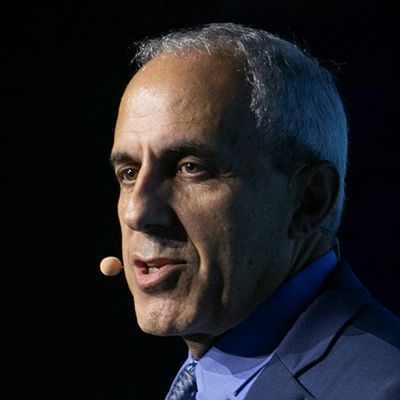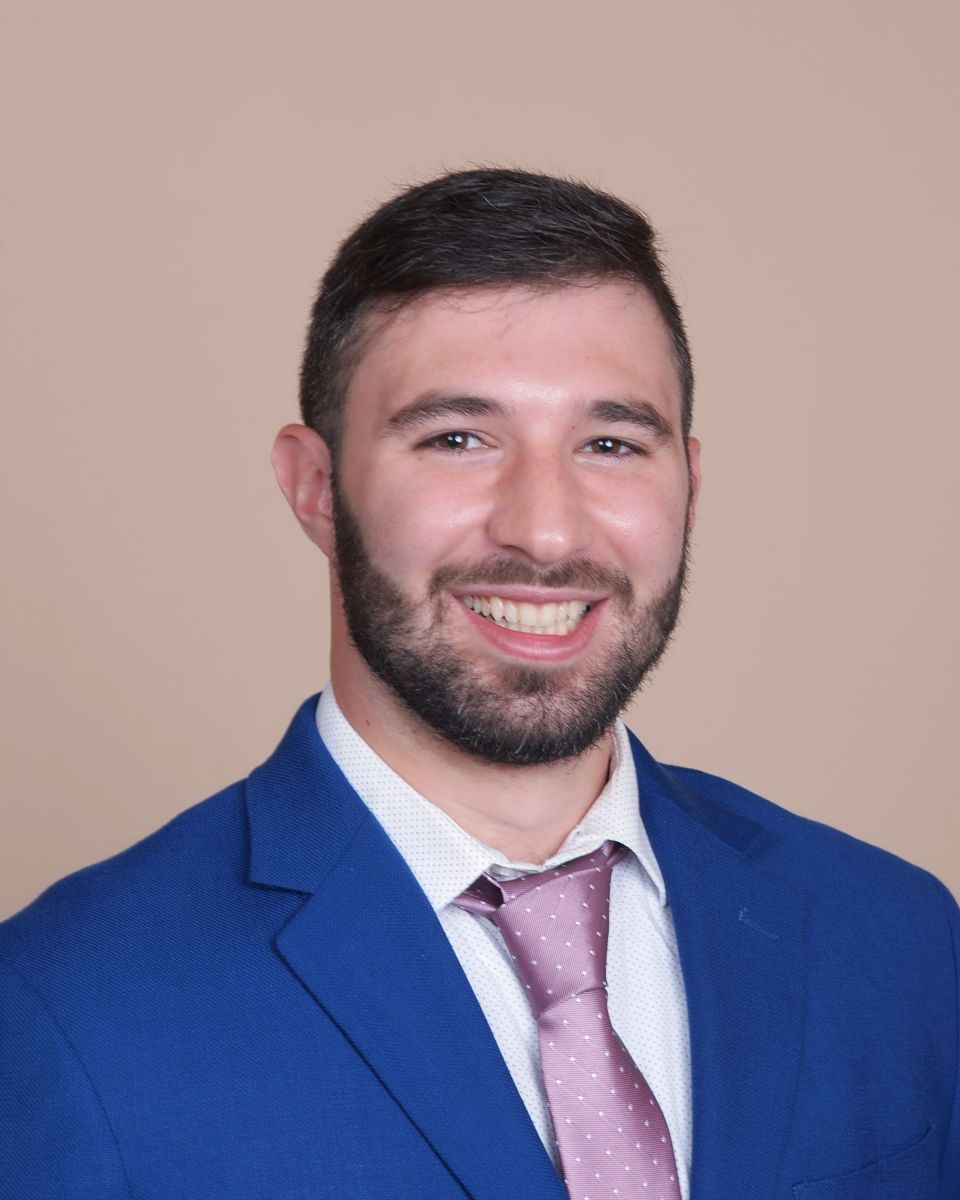CAMK2-Related Neurodevelopmental Disorders
CAMK2-related neurodevelopmental disorders are a newly recognized family of conditions associated with mutations in the CAMK2 genes. These genes encode calcium/calmodulin-dependent protein kinase II (CAMK2), which plays a key role in mediating calcium signaling in the brain. Mutations in the CAMK2 genes can disrupt synaptic plasticity, learning, and memory, leading to developmental and motor delays, seizures, behavioral abnormalities, and neuropsychiatric effects. The symptoms and severity of CAMK2 disorders can vary widely, depending on which CAMK2 gene is mutated and the specific type of mutation.
While approximately 300 individuals have been diagnosed with a CAMK2-related neurodevelopmental disorder to date, scientists and clinicians expect that many more people with neurodevelopmental disorders will discover that their condition is CAMK2-related, thanks to newly available genetic tests that comprehensively identify gene mutations. Currently, there are no Food and Drug Administration-approved therapies for these disorders; treatment approaches focus on symptom management, which fails to address the disease’s root cause. As more individuals with CAMK2 mutations are identified over time, and as awareness of CAMK2-related neurodevelopmental disorders spreads, a better understanding of all possible symptoms and how specific mutations lead to various symptoms and severity is expected to emerge. This knowledge will drive a much-needed effort to understand the biology of these disorders and how to treat them effectively.
Science Philanthropy Accelerator for Research and Collaboration (SPARC) will conduct a comprehensive research and clinical practice review exploring the symptoms, biology, and clinical care of CAMK2 disorders. The landscaping effort will result in a public report that distributes knowledge about these complex and rare disorders and identifies targeted opportunities for philanthropy to make an outsized impact on improving the lives of patients and their families.


